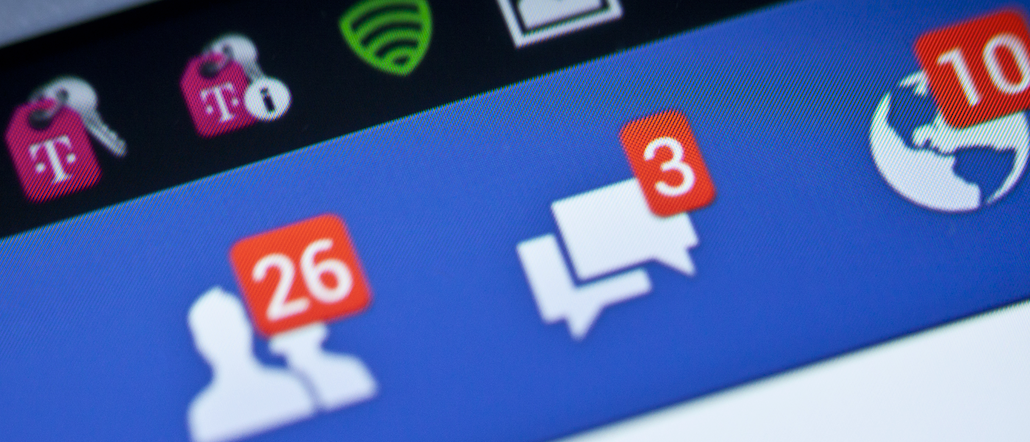Secure your place at the Digiday Media Buying Summit in Nashville, March 2-4

The Daily Beast is the latest publisher to join the Facebook live streaming party.
The IAC-owned news and entertainment site is launching two new original live series on Facebook. “Cheat Sheet,” which launches March 14 and will air every weekday at noon, will bring the site’s popular editorial series of the same name into a video format. Editor-in-chief John Avlon and other editors will break down the top stories of the day and answer questions from the Facebook audience. The second show, “Drink Cart,” will feature author and cocktail expert Noah Rothbaum talking with a Daily Beast editor about the latest culture news over drinks. It will air in the late afternoon on Friday (also known as Happy Hour).
Both shows are The Daily Beast’s first forays into Facebook live streaming and will be exclusive to the platform.
“For us, this is a way of rewarding our highly engaged community on Facebook with unique, custom content that they can only get there,” said Mike Dyer, president and publisher of The Daily Beast.
The Daily Beast is nearing 2 million Facebook fans. It typically sees 750,000 to 1 million interactions per month on the platform, according to Dyer. Cheat Sheet accounts for a disproportionate majority of those interactions, which was a key reason the publisher chose it for its first live video series on Facebook. “Drink Cart,” meanwhile, is part of The Daily Beast’s broader push into more culture and lifestyle content.
The publisher hopes that by offering regularly scheduled programming, it will be able to grow an audience that actually watches the content live. (Facebook Live clips are archived and available on-demand as soon as the stream ends.)
“If you’re going to produce something that’s time-bound, you need to give people the chance to build it into their daily ritual,” said Dyer. “There has to be a regular rhythm to it.”
It’s a strategy that could work if done effectively. TMZ, for instance, also does weekly live shows and credits that strategy as one of the reasons it’s able to capture as many as 100,000 live viewers per Facebook Live video.
The relatively low cost of entry into Facebook Live video was a key factor in The Daily Beast’s embrace of it. The Beast is drawing from existing departments including video, social, editorial, audience development and marketing, and the shoots themselves call for just three people behind the smartphone: a shooter, social media editor and producer to monitor engagement and provide feedback to the on-air hosts.
“The resources required to produce a video at a level of quality that people are used to seeing, in many instances and on many platforms, is prohibitively expensive,” said Dyer. “People already understand that the true virtue of a live broadcast is not in its production value, but in the content being delivered in a timely and relevant fashion. The very nature of it being immediate reduces the cost of producing it.”
The low production cost, combined with the wide reach Facebook offers, makes it unsurprising that Facebook Live is being widely adopted by media companies from TMZ to The Washington Post to individual Major League Baseball teams.
“Live video is going to become more competitive, not less, in the future,” said Dyer. “Facebook is the obvious place to start. We’re not opposed to other platforms, but it’s both the least risky place to start and the place with the most upside.”
Image via Twin Design / Shutterstock.com
More in Media

Media Briefing: Turning scraped content into paid assets — Amazon and Microsoft build AI marketplaces
Amazon plans an AI content marketplace to join Microsoft’s efforts and pay publishers — but it relies on AI com stop scraping for free.

Overheard at the Digiday AI Marketing Strategies event
Marketers, brands, and tech companies chat in-person at Digiday’s AI Marketing Strategies event about internal friction, how best to use AI tools, and more.

Digiday+ Research: Dow Jones, Business Insider and other publishers on AI-driven search
This report explores how publishers are navigating search as AI reshapes how people access information and how publishers monetize content.





